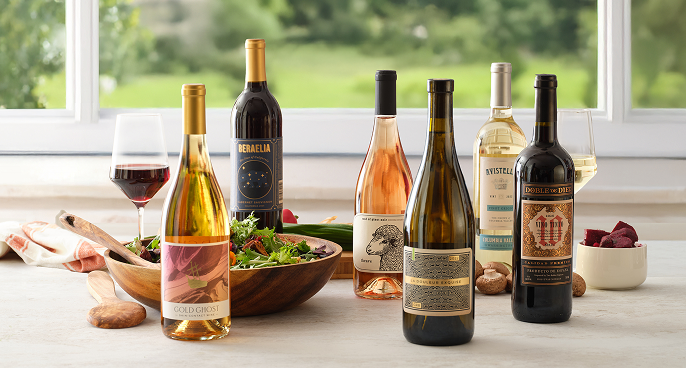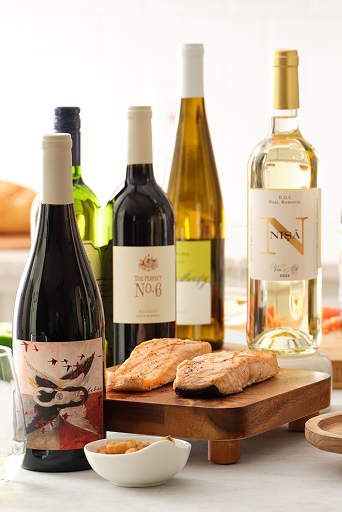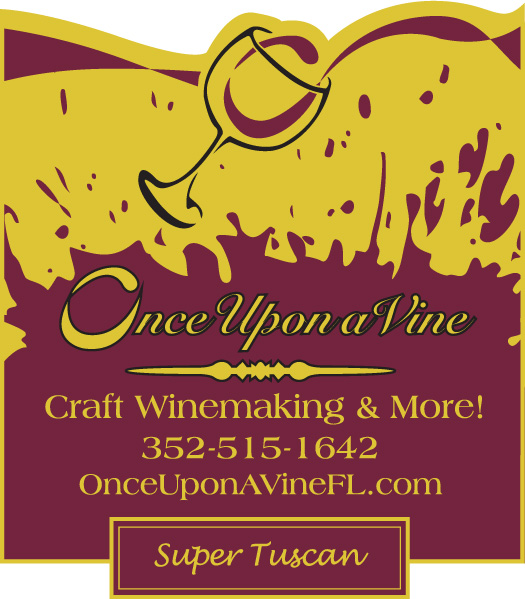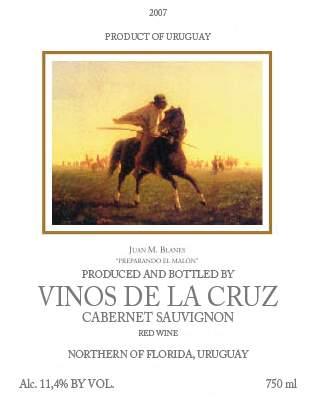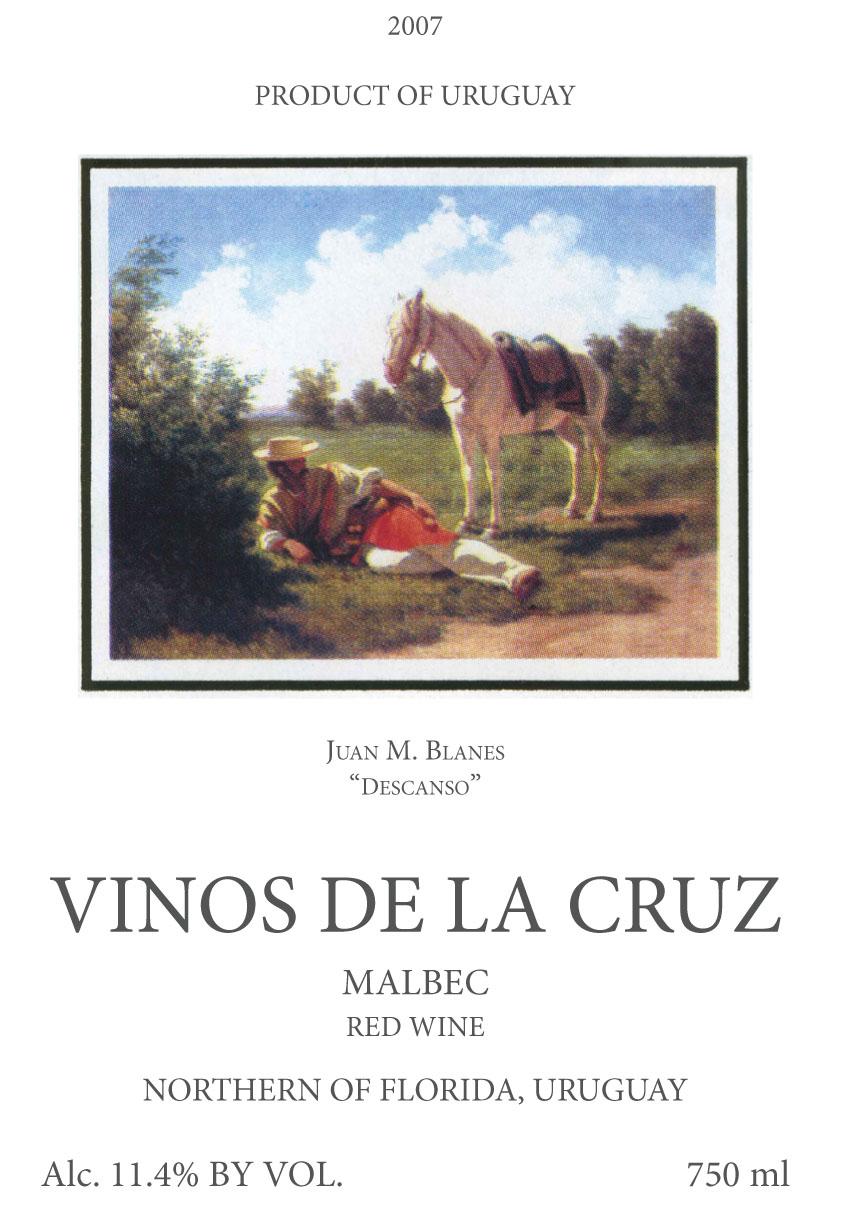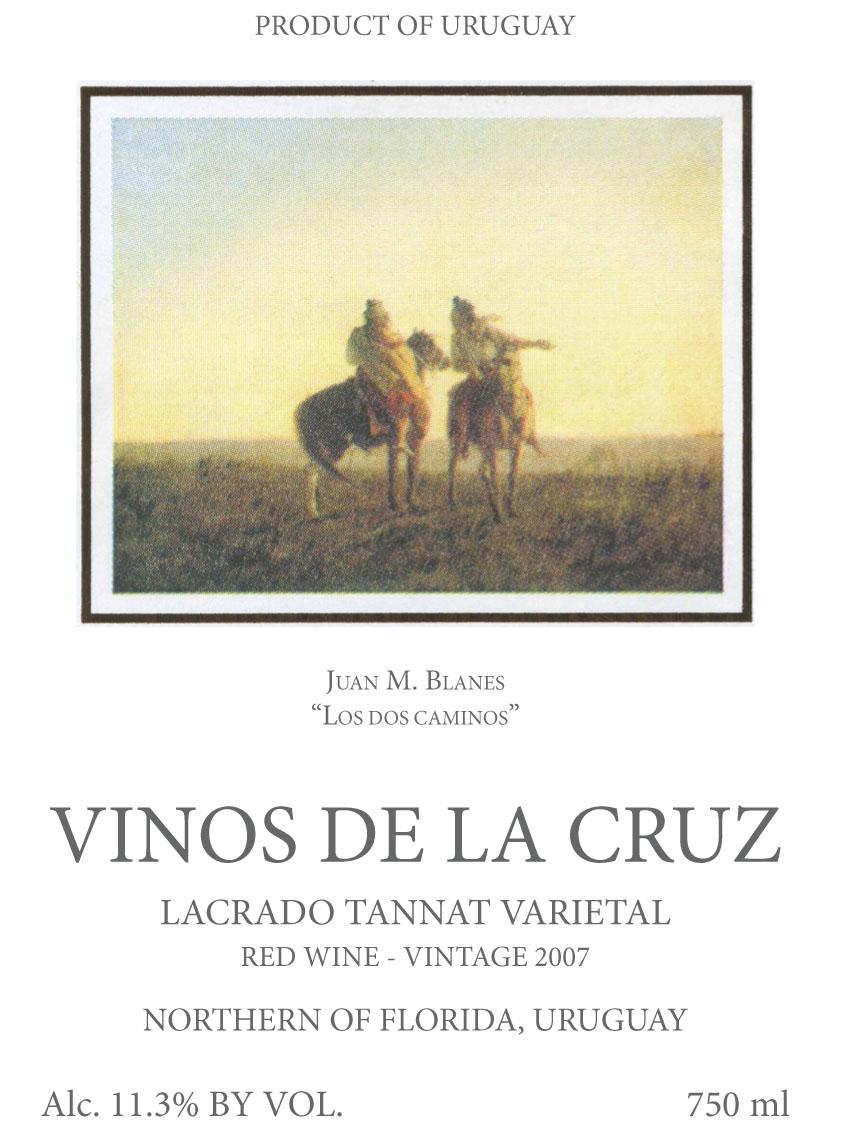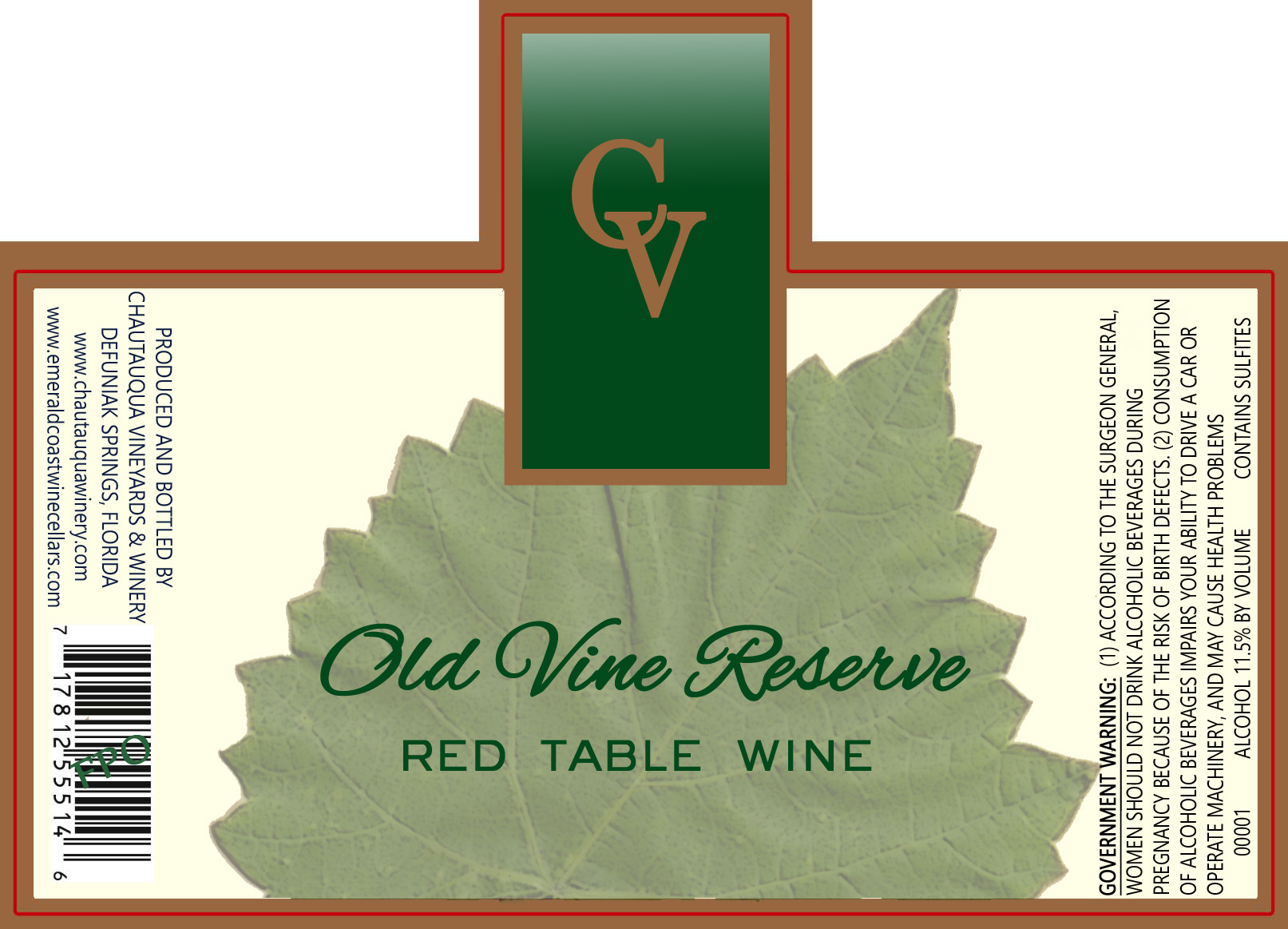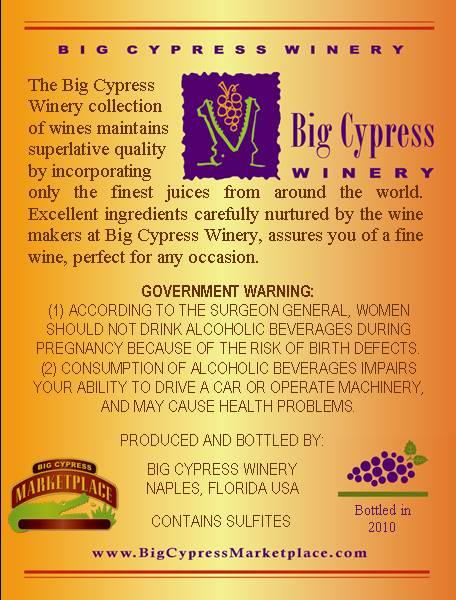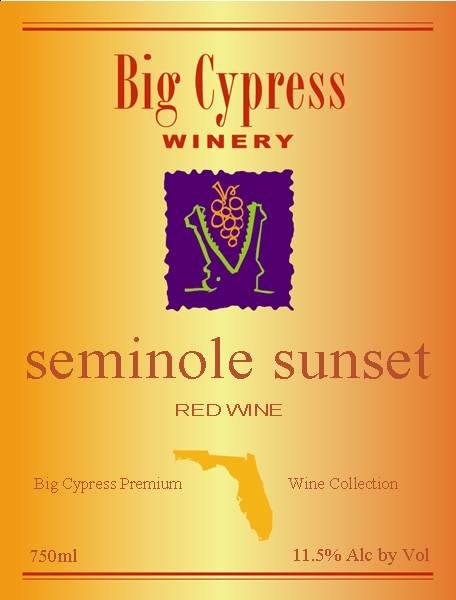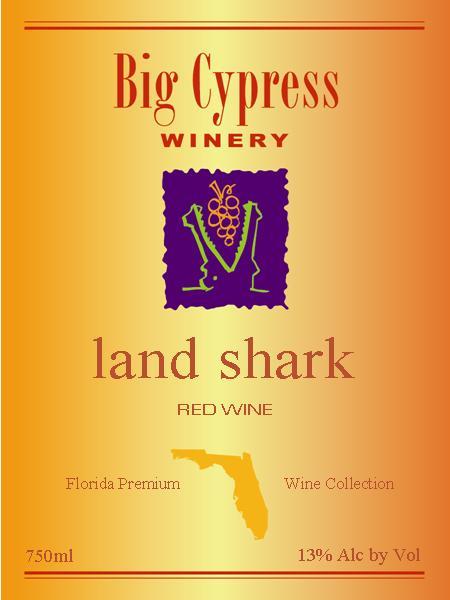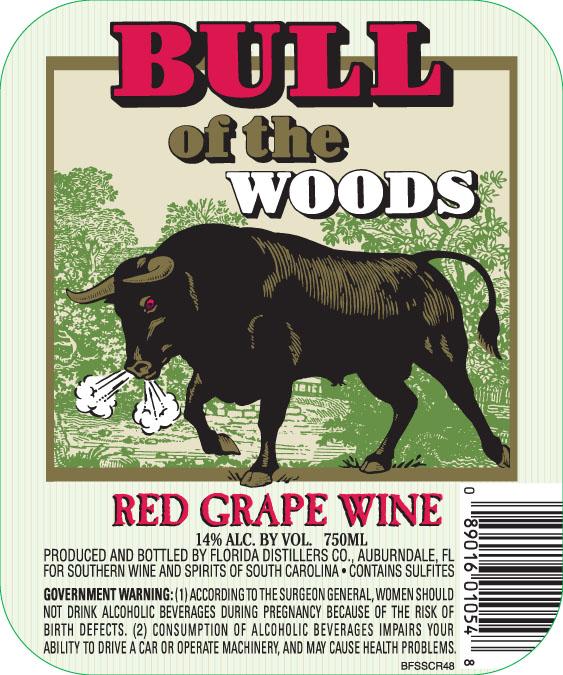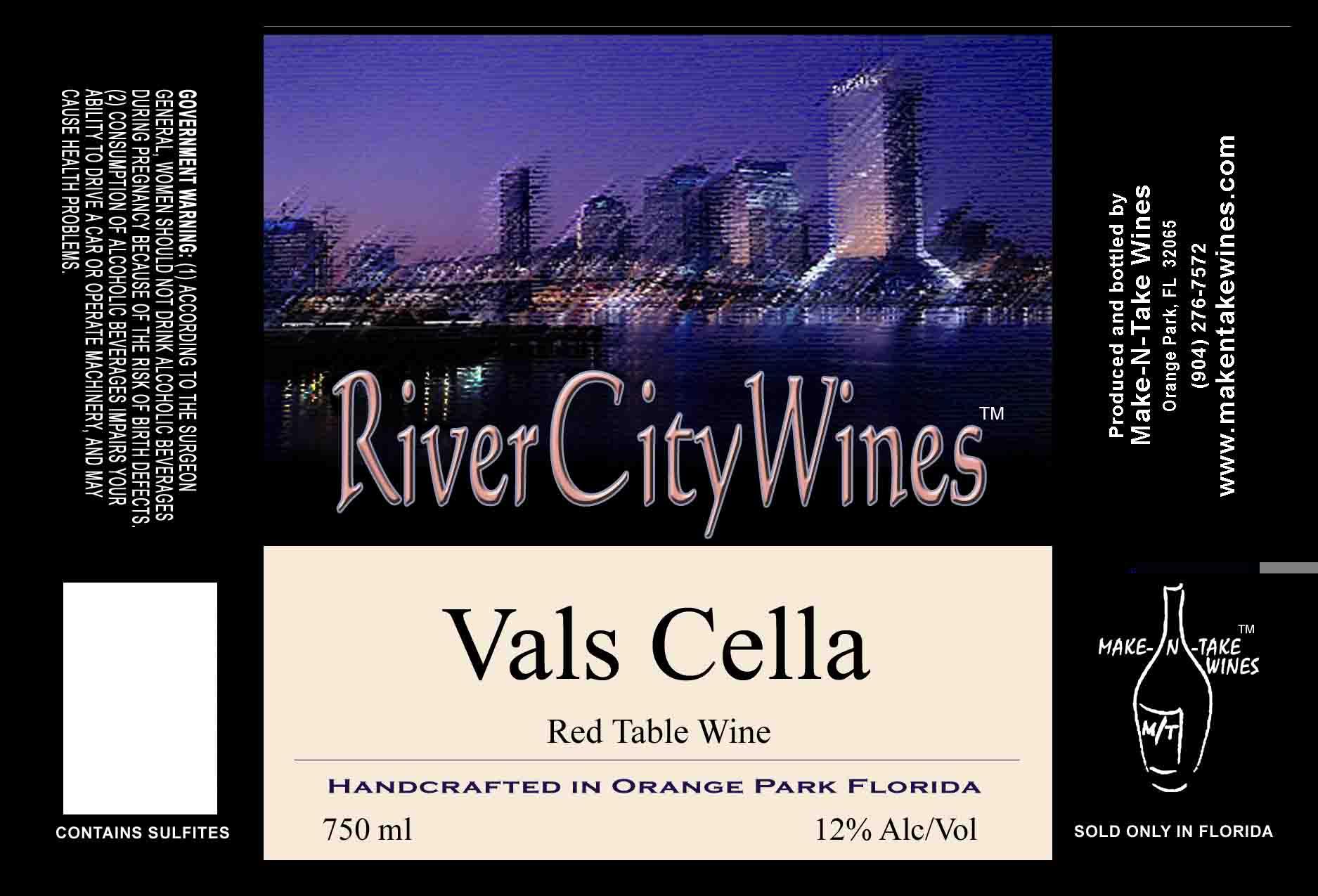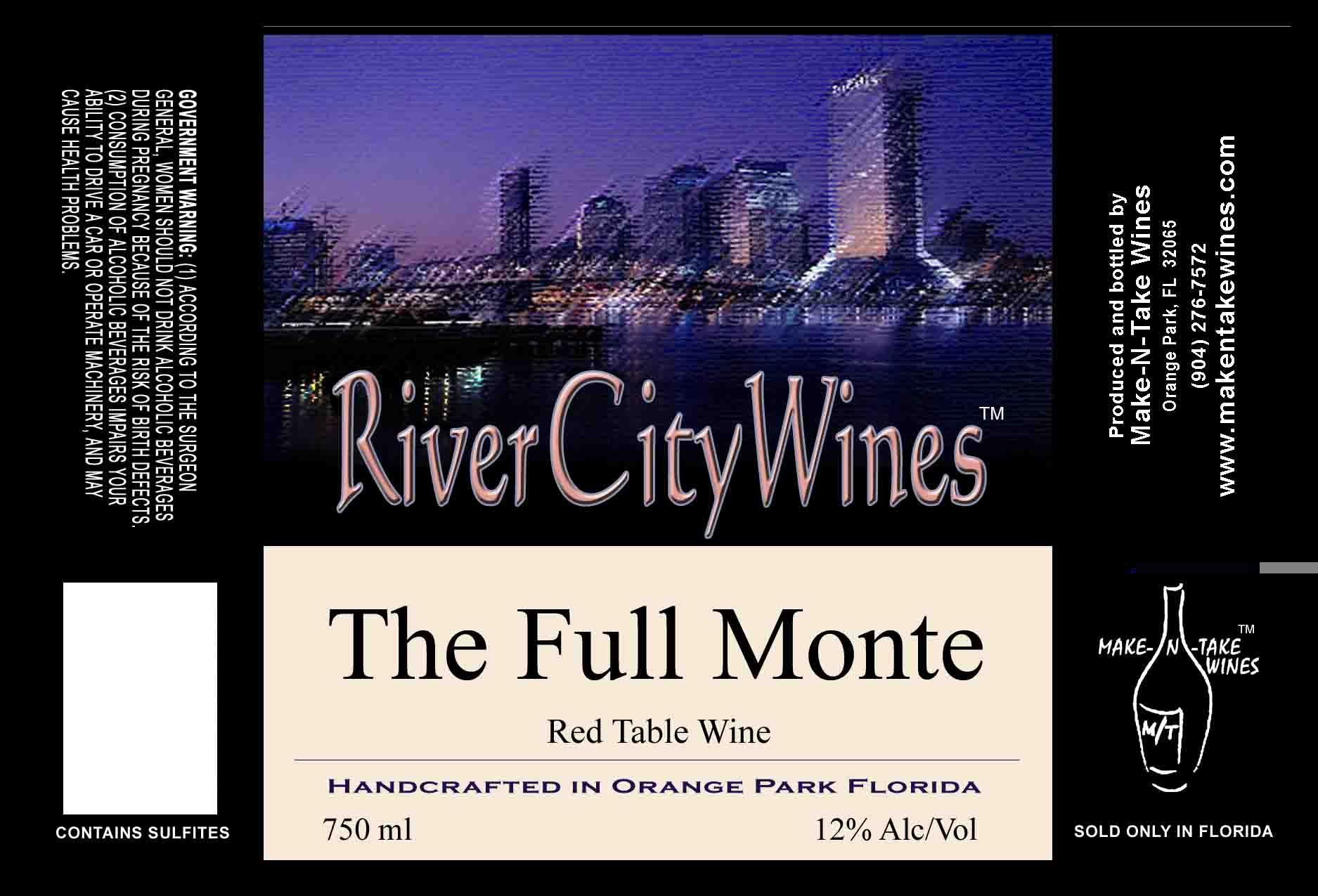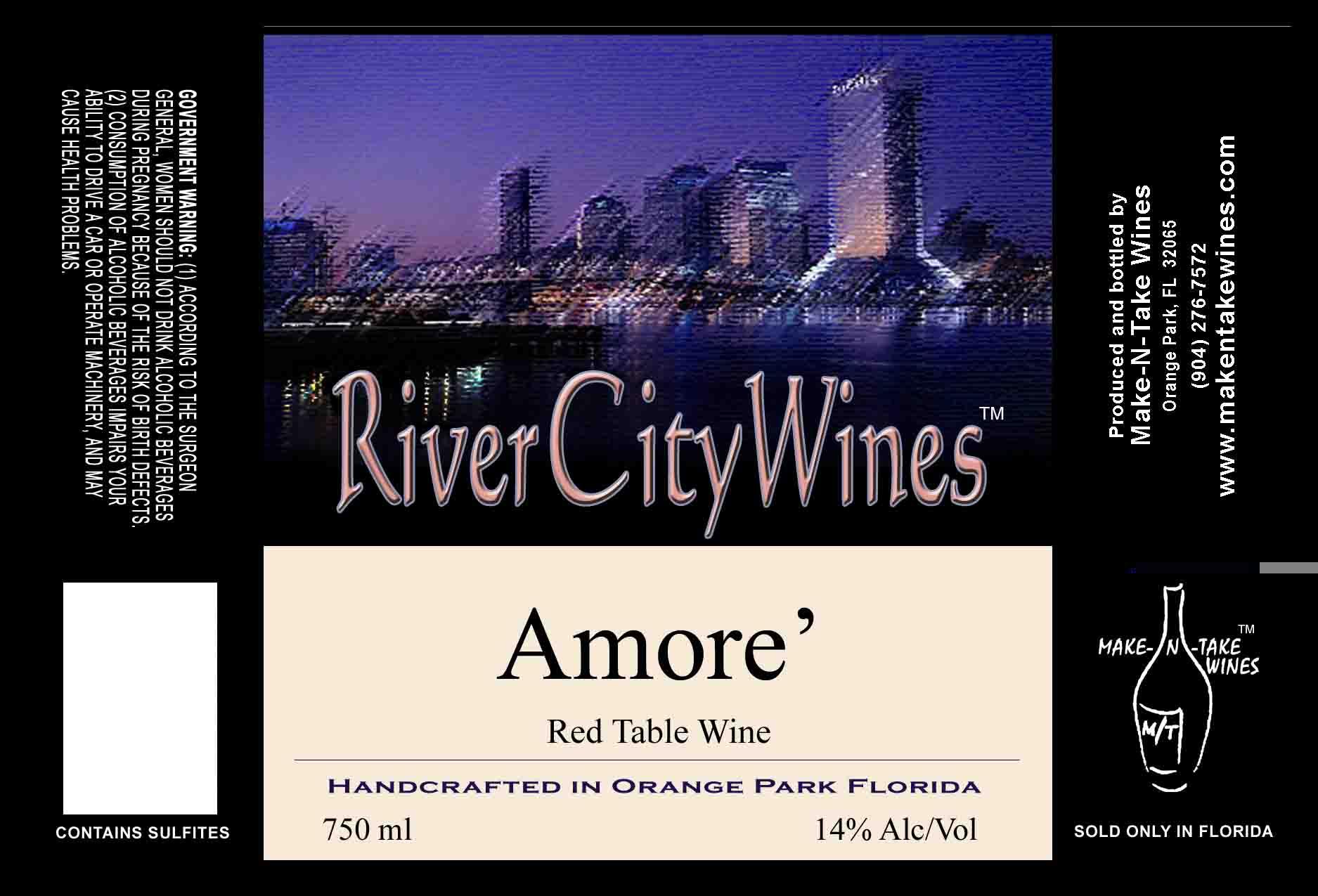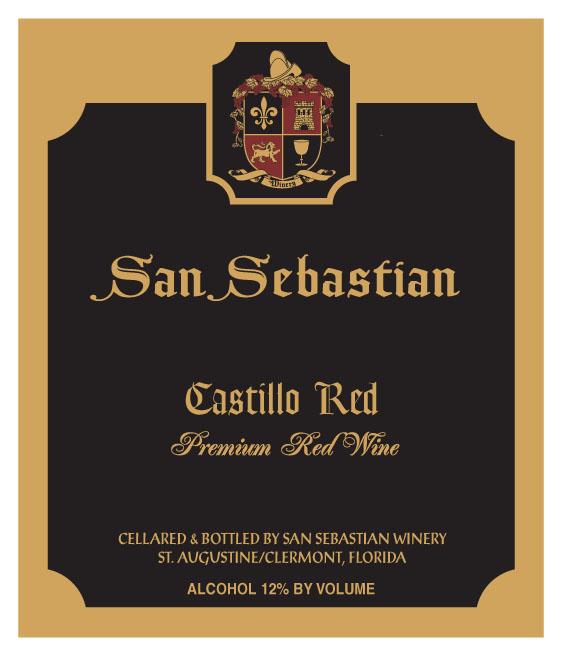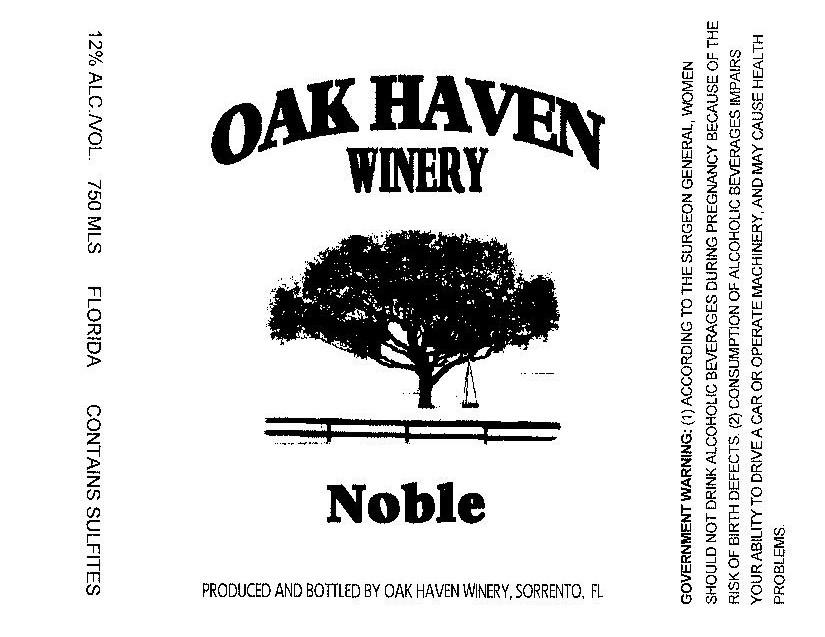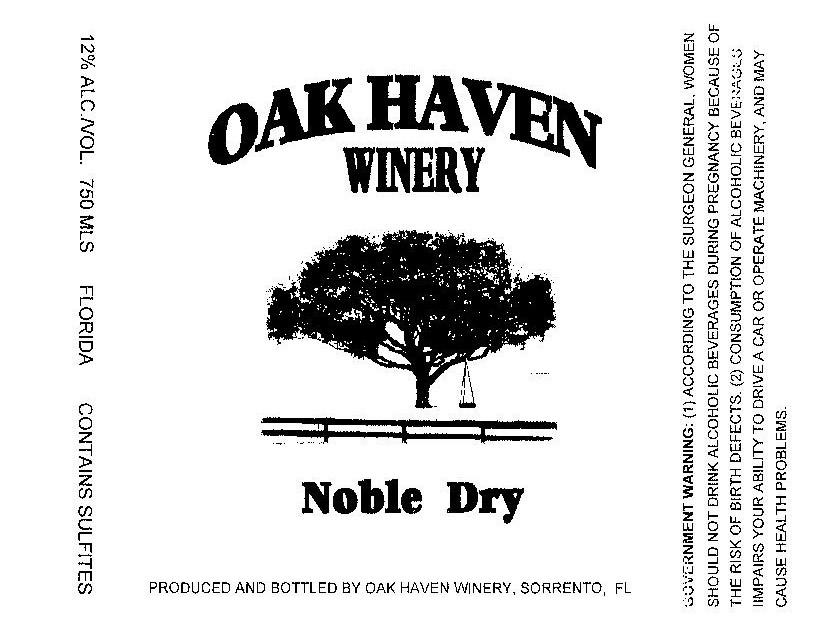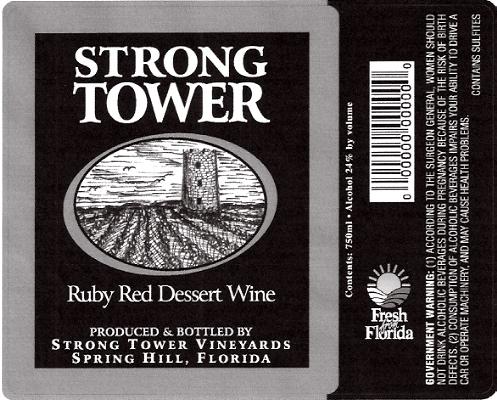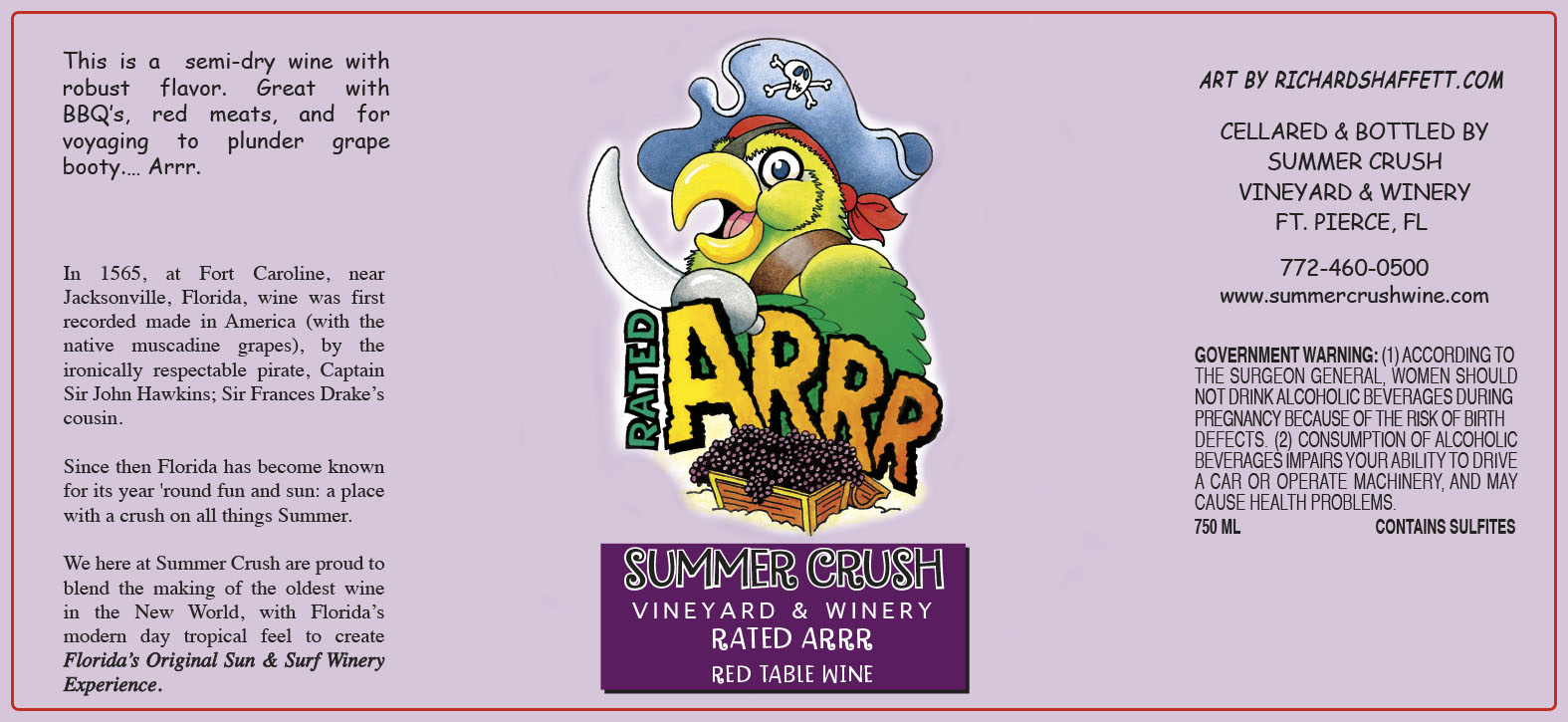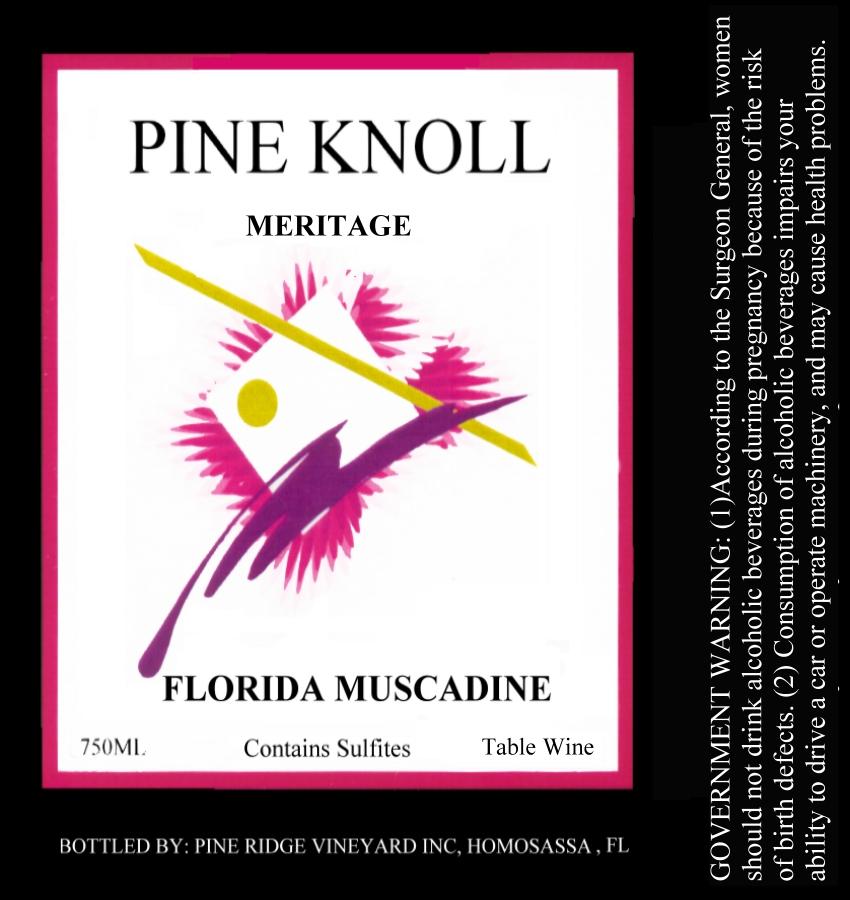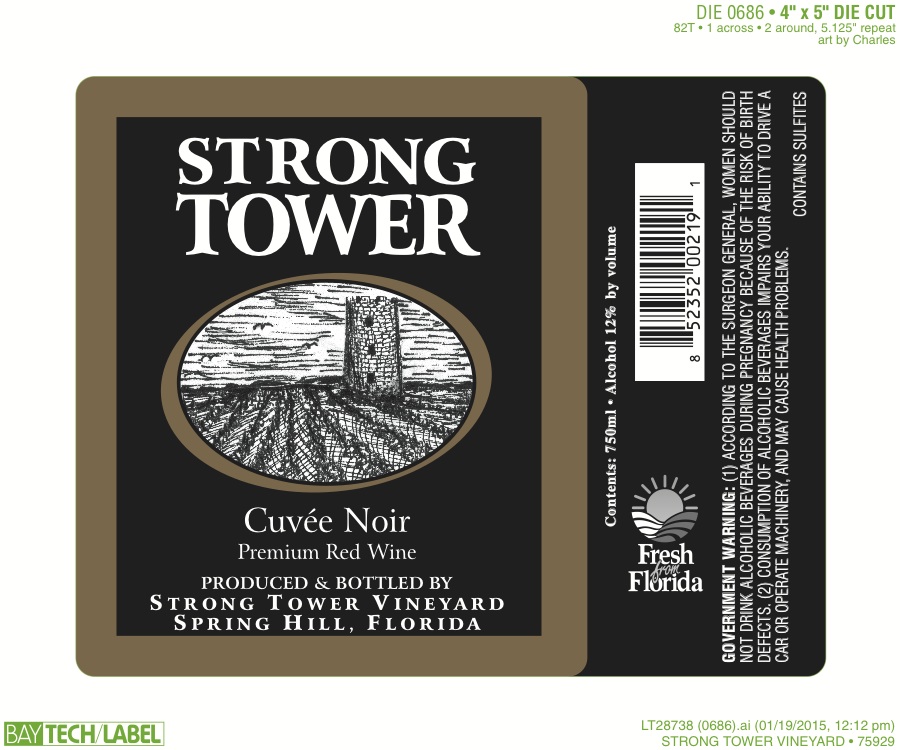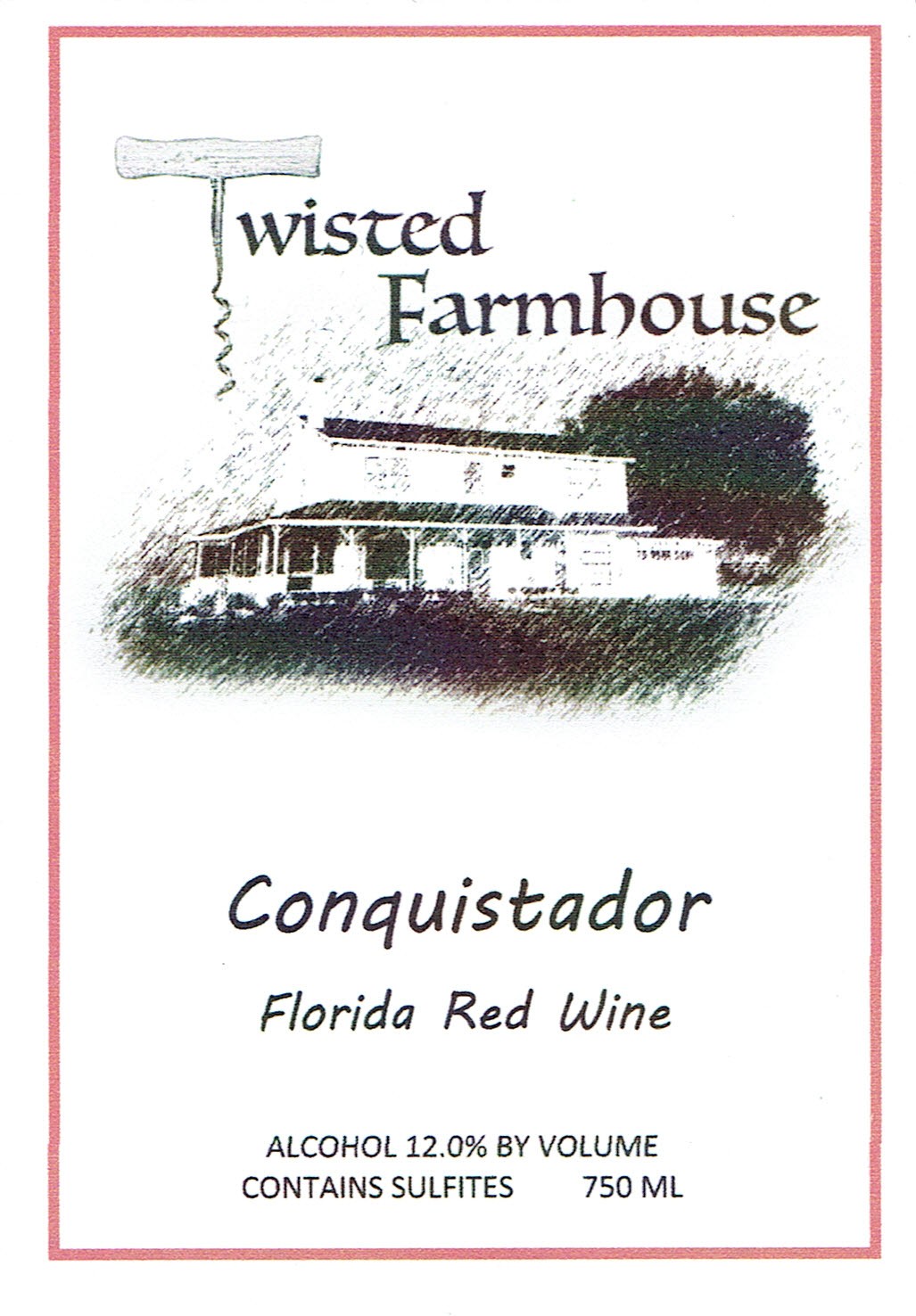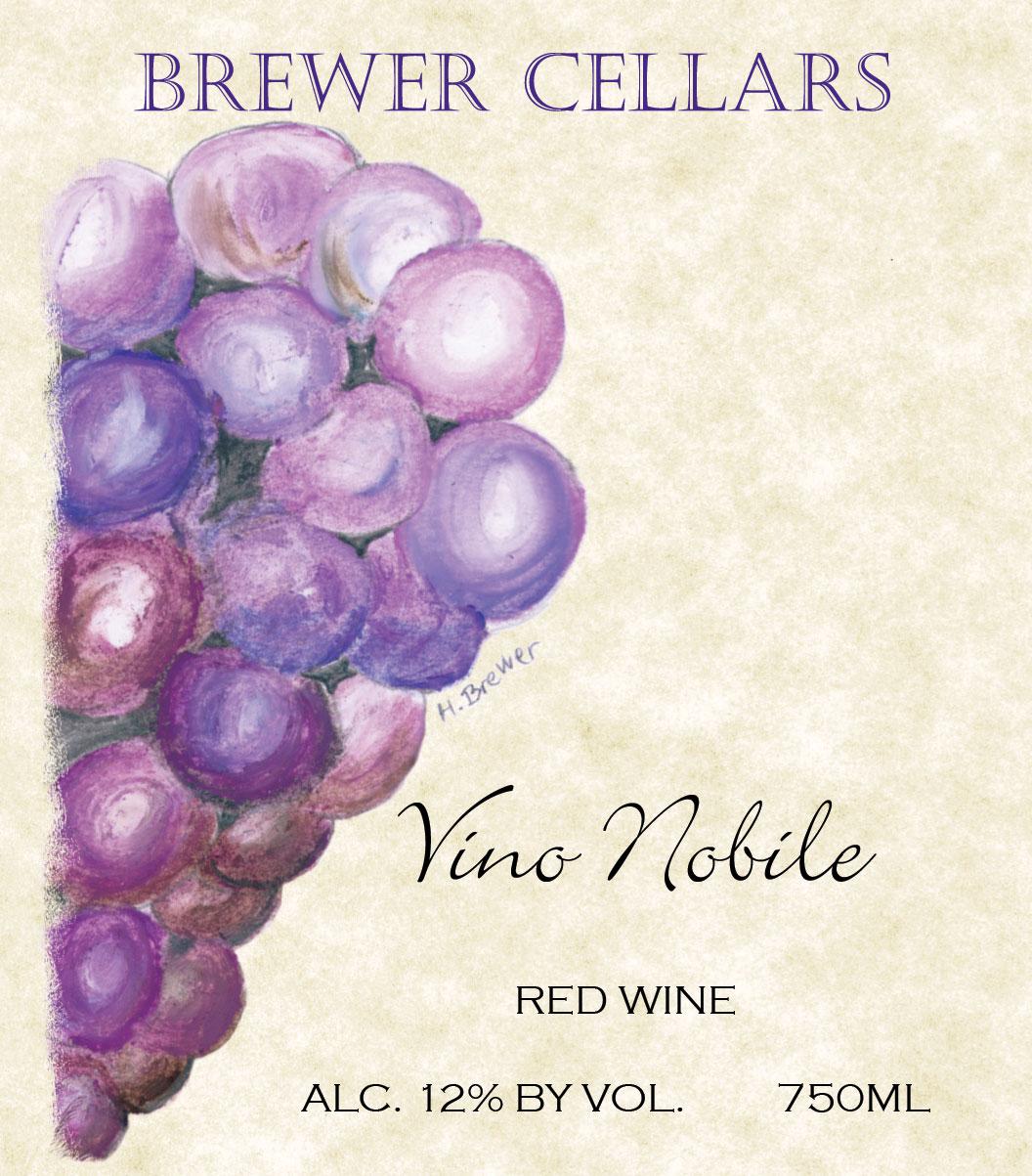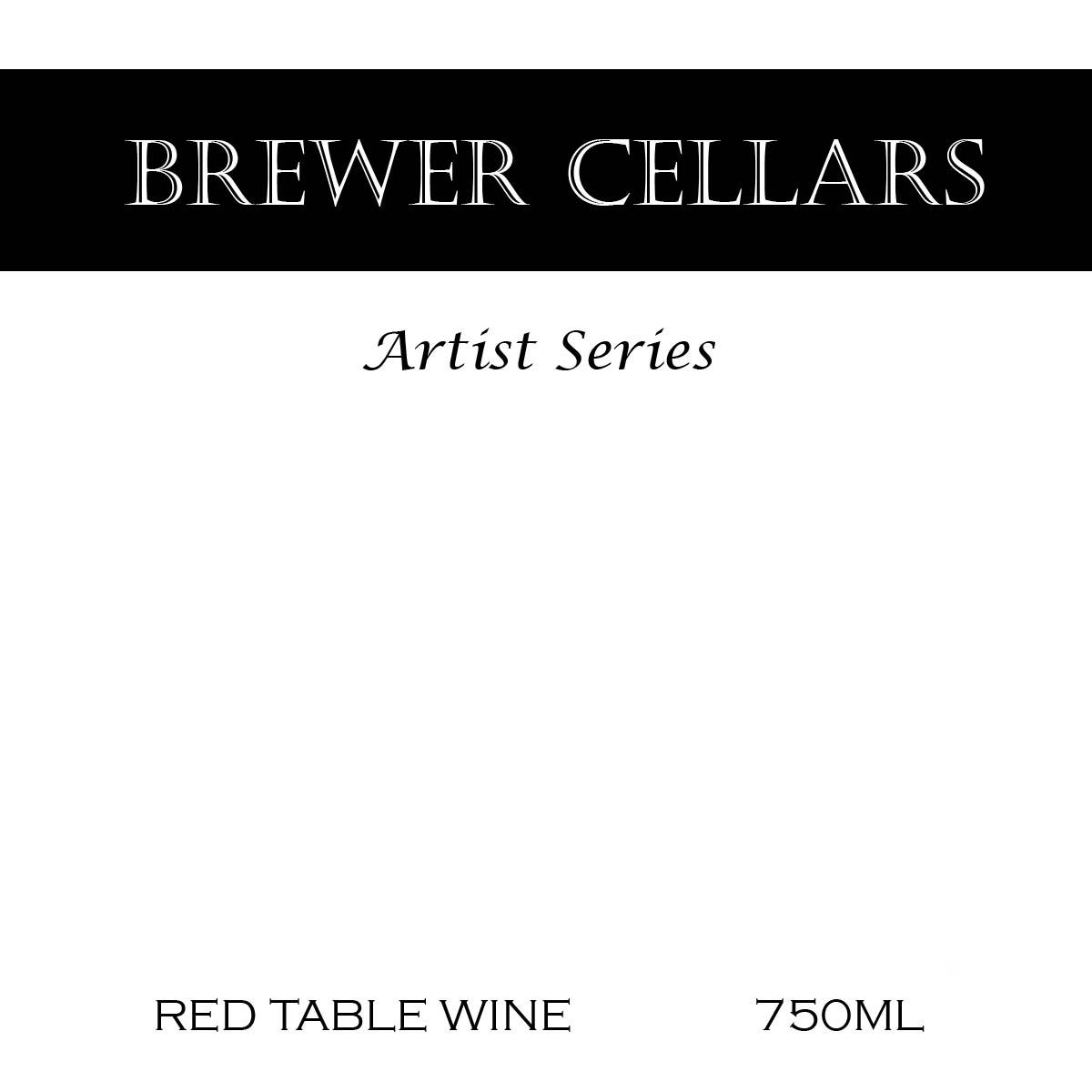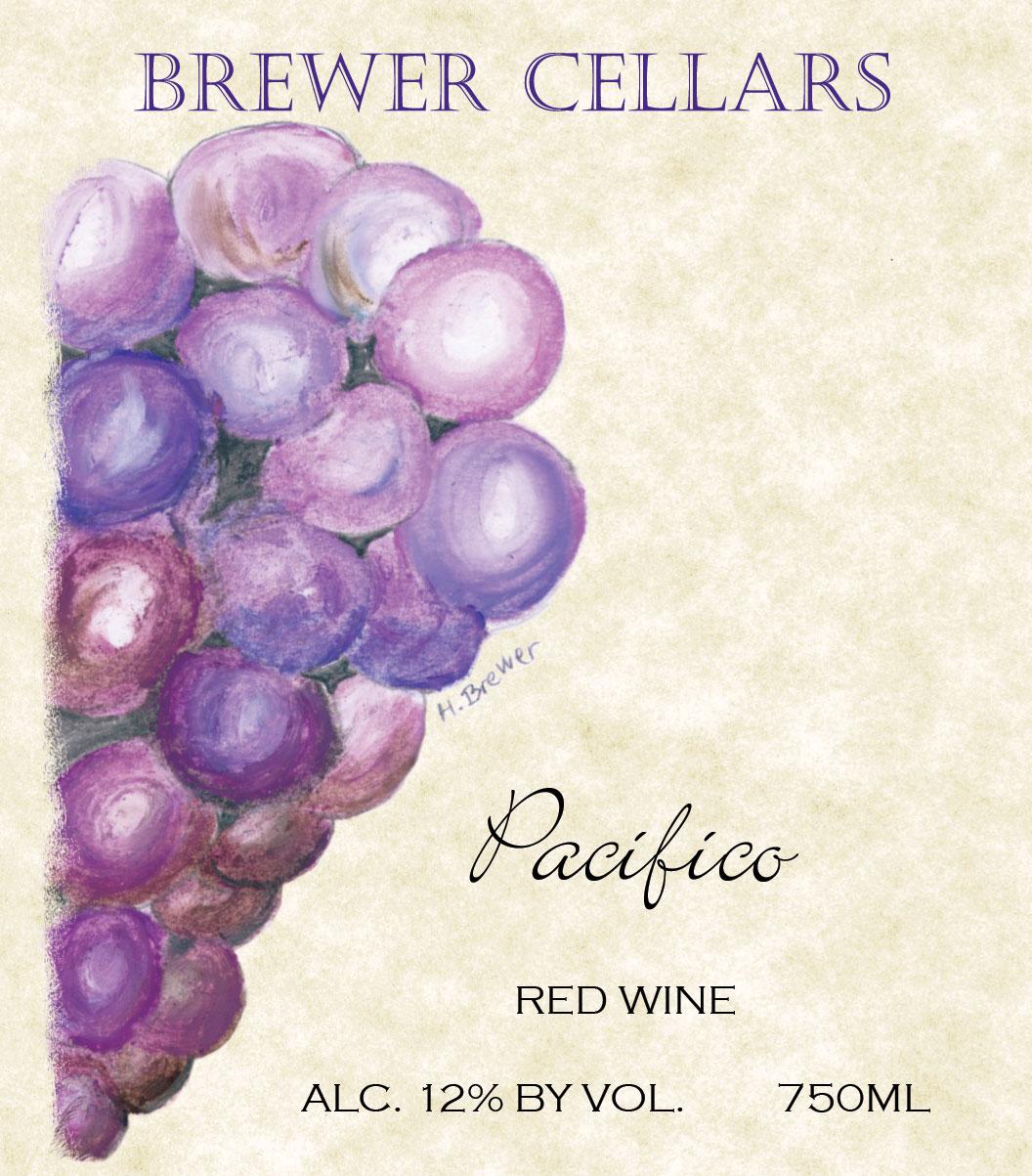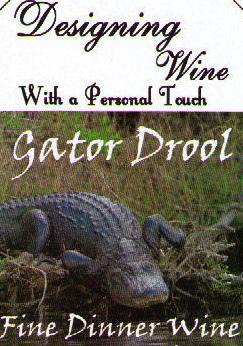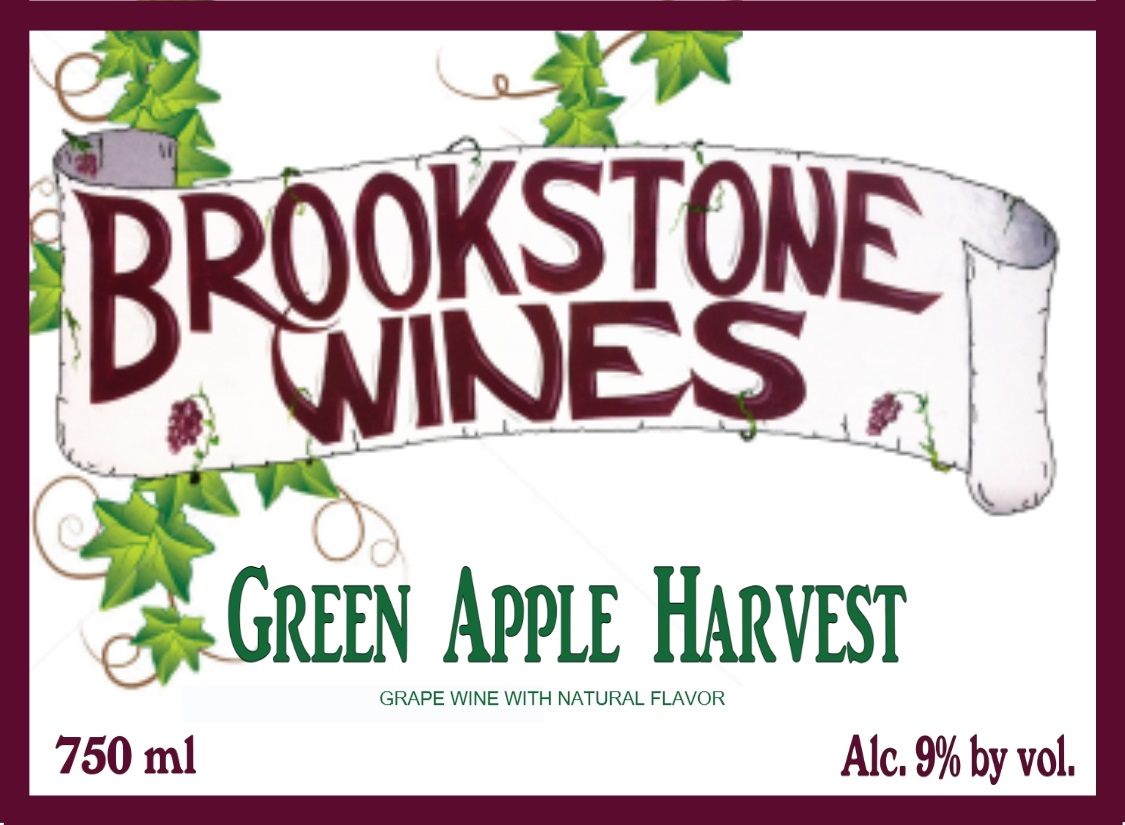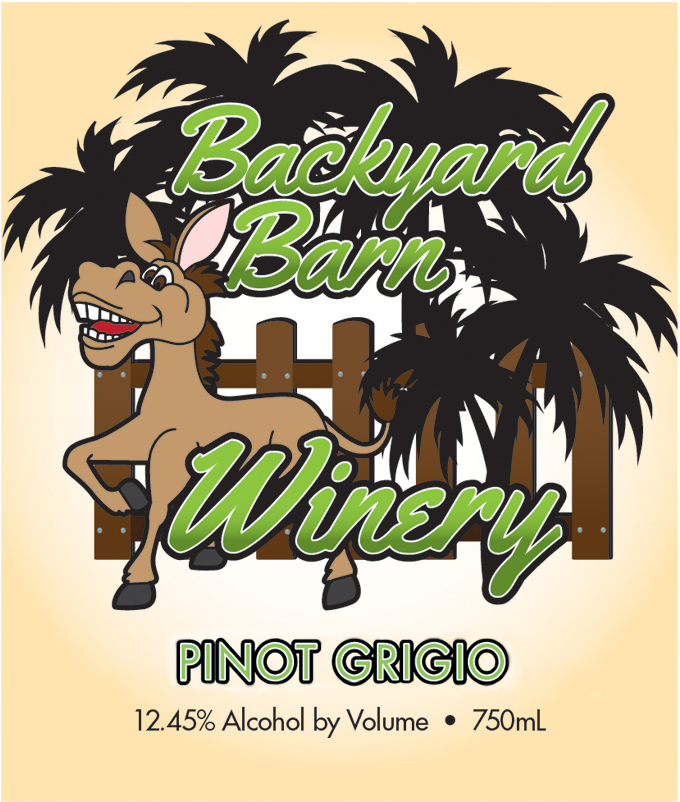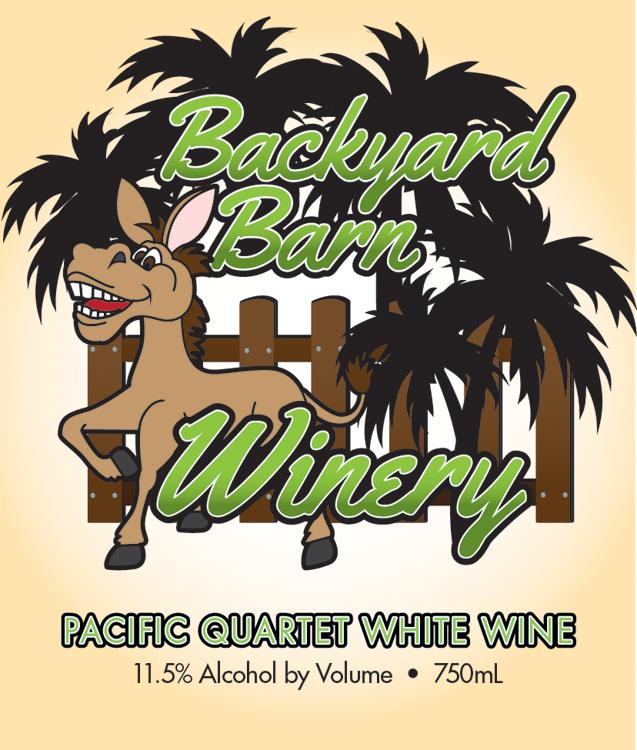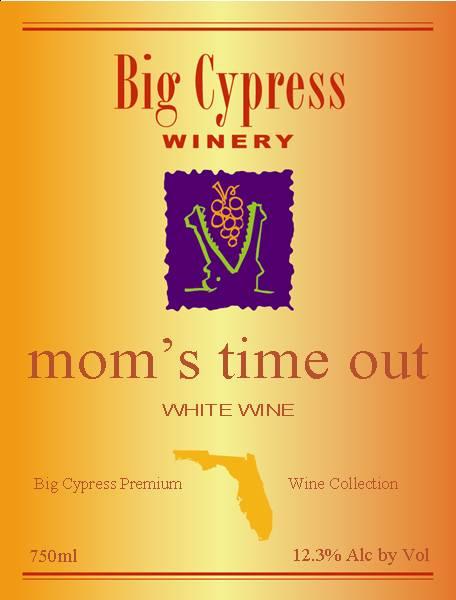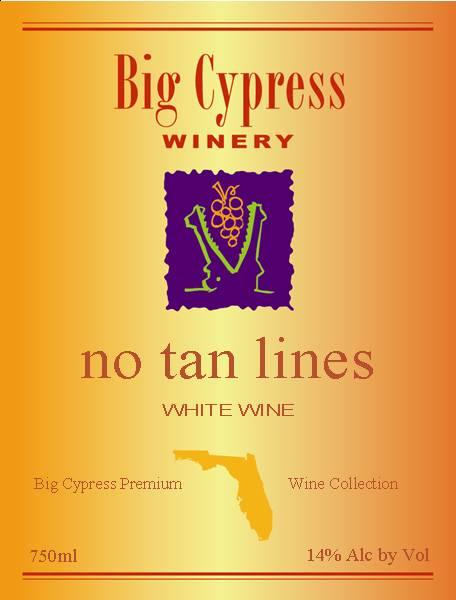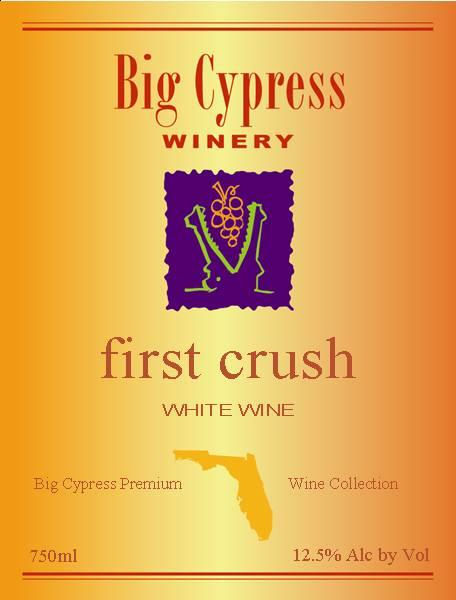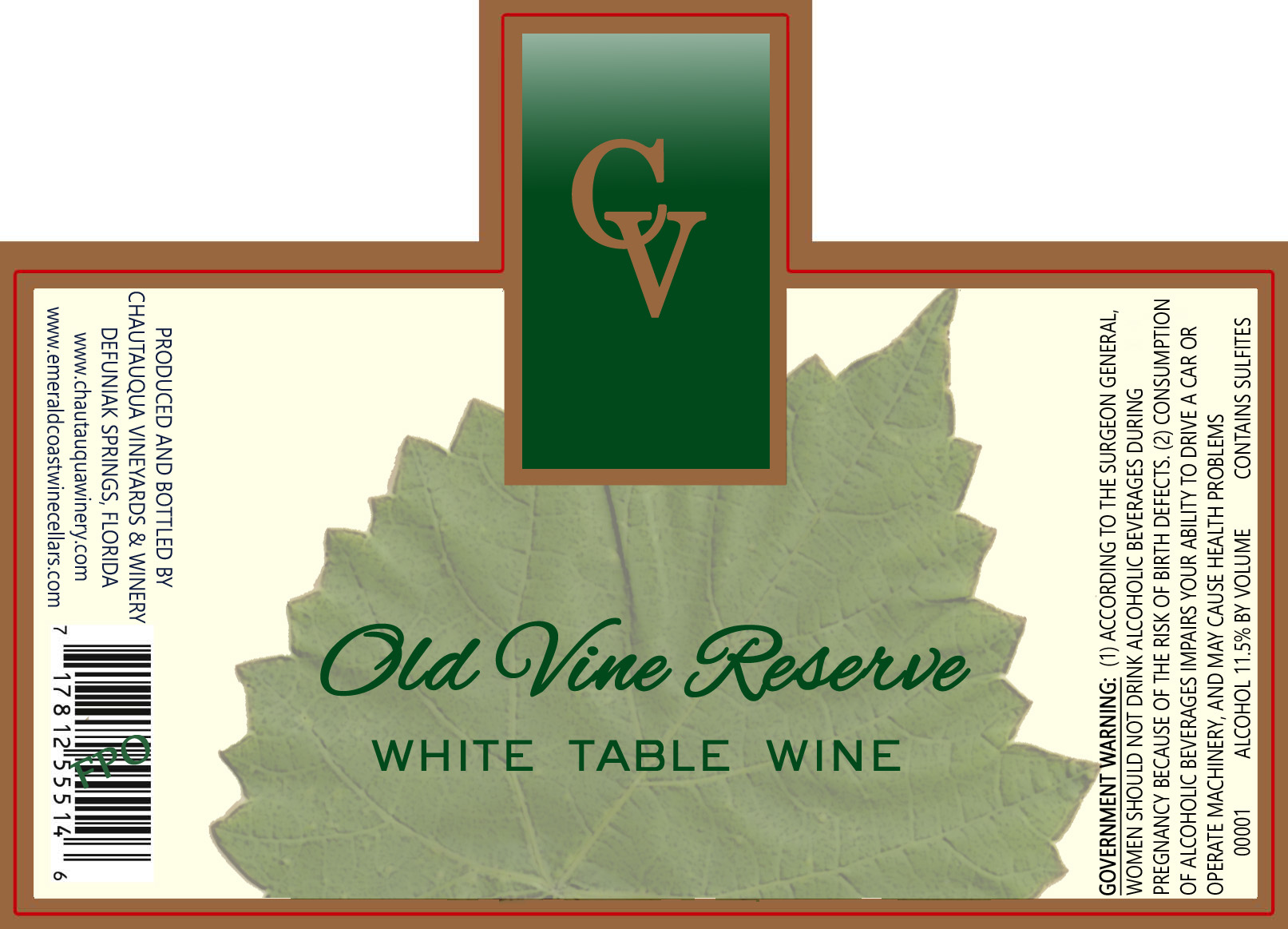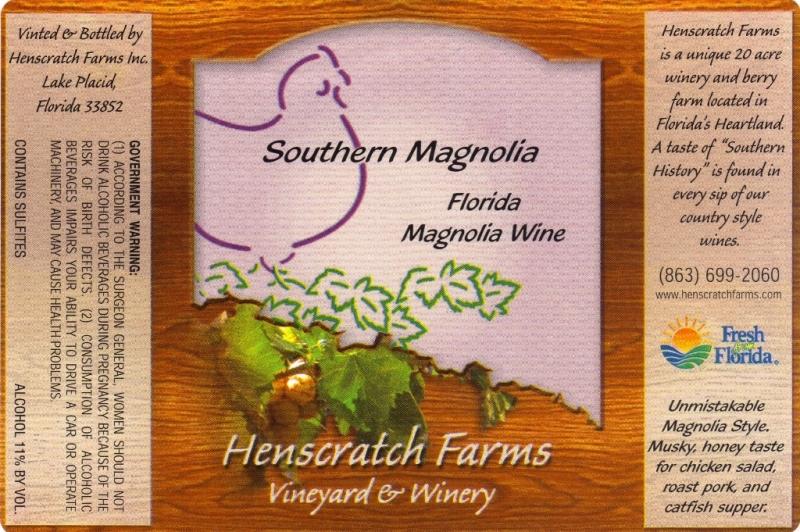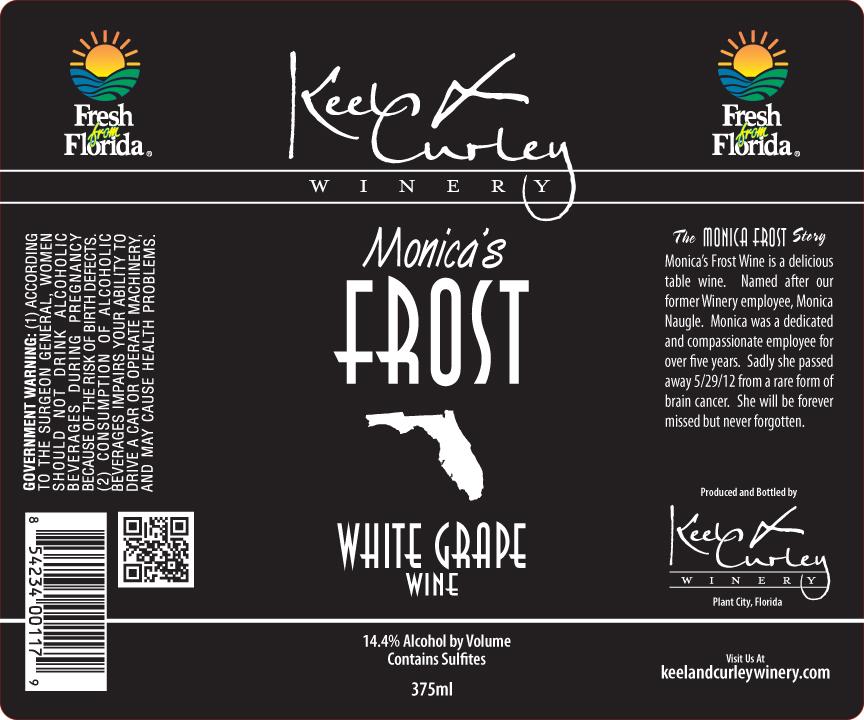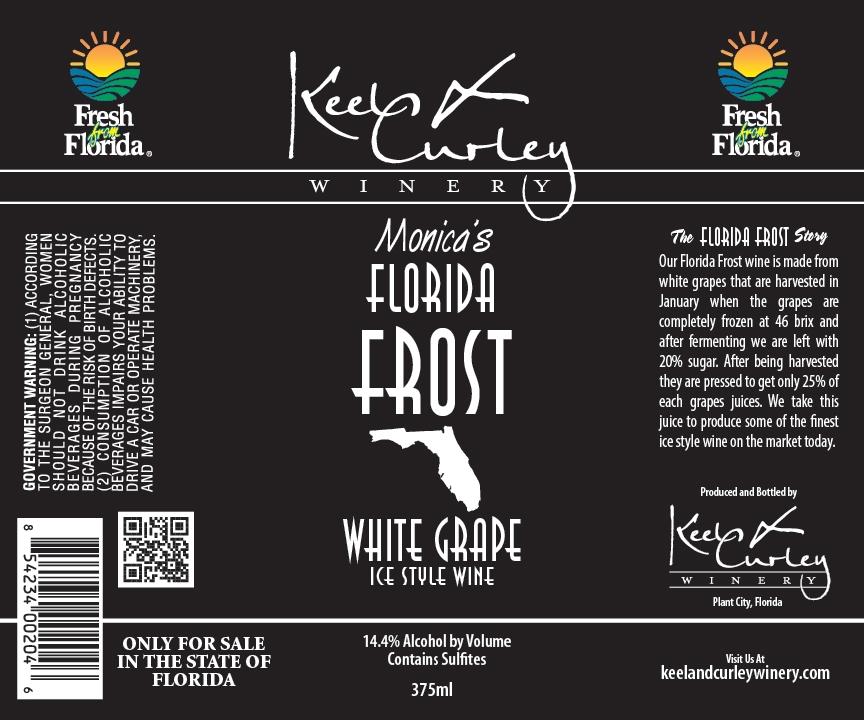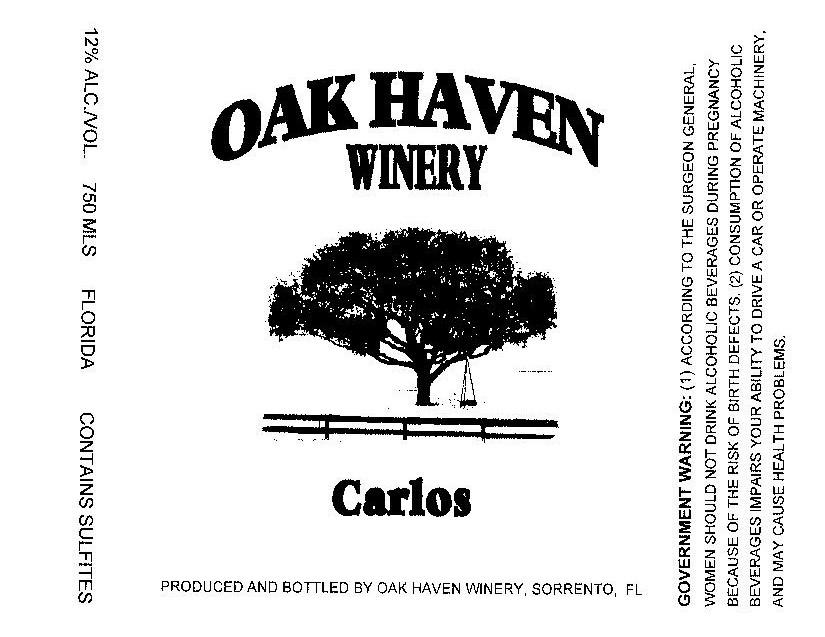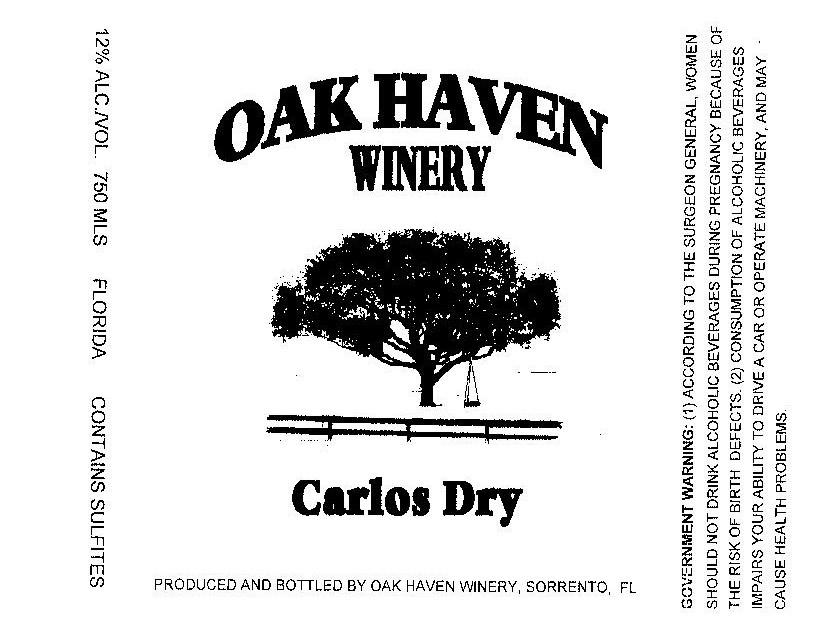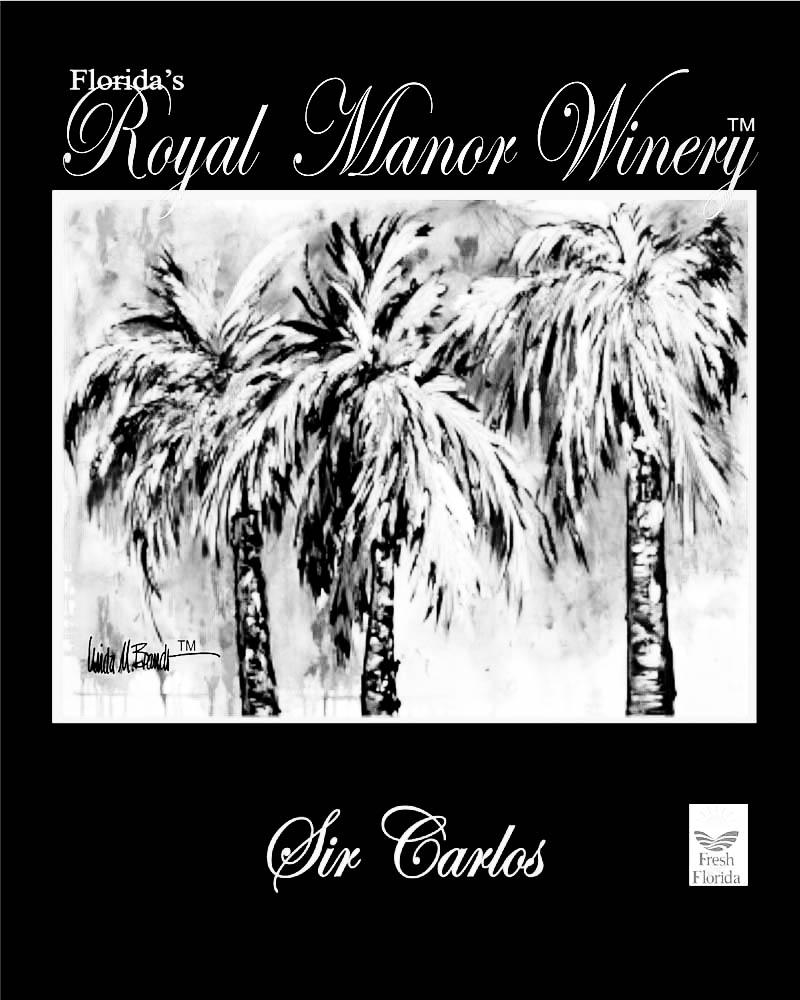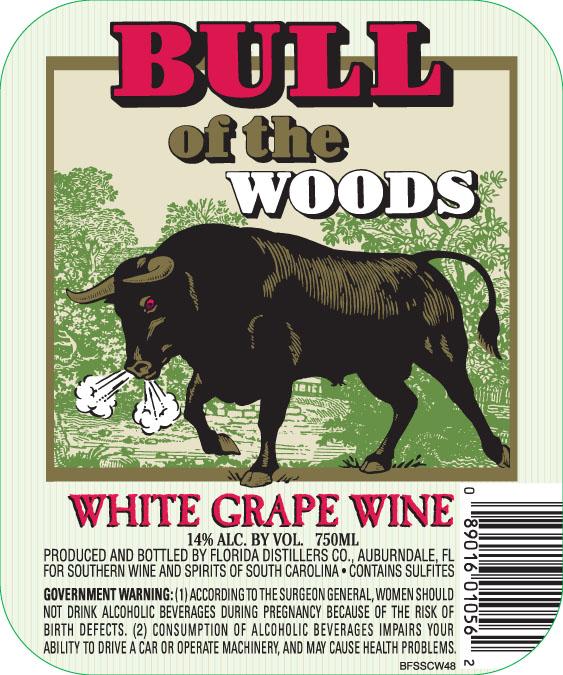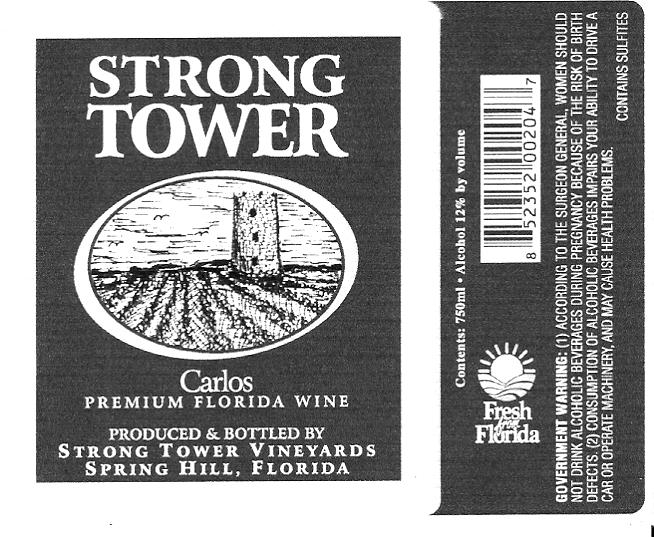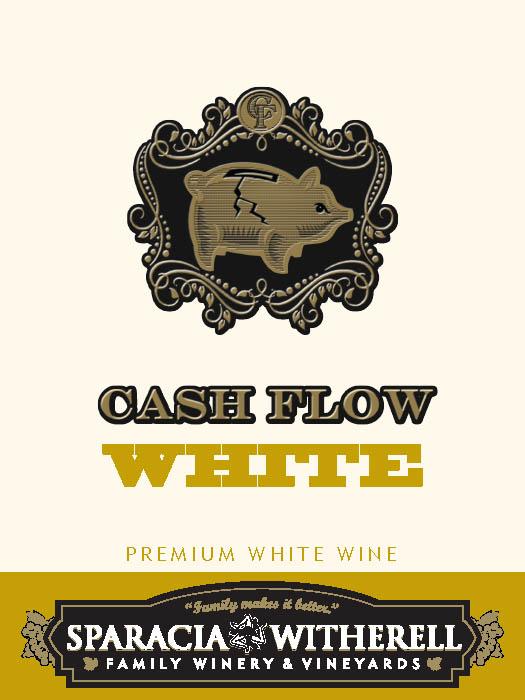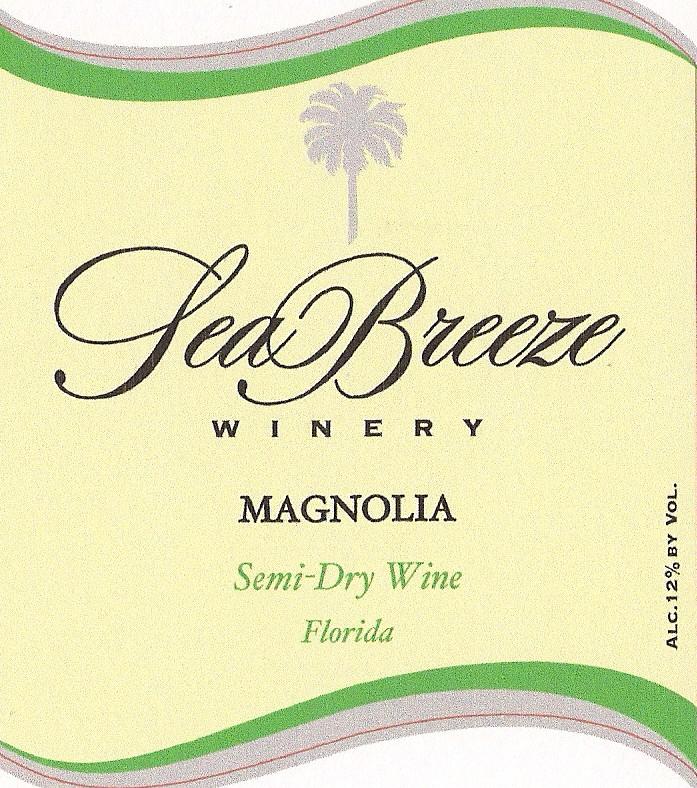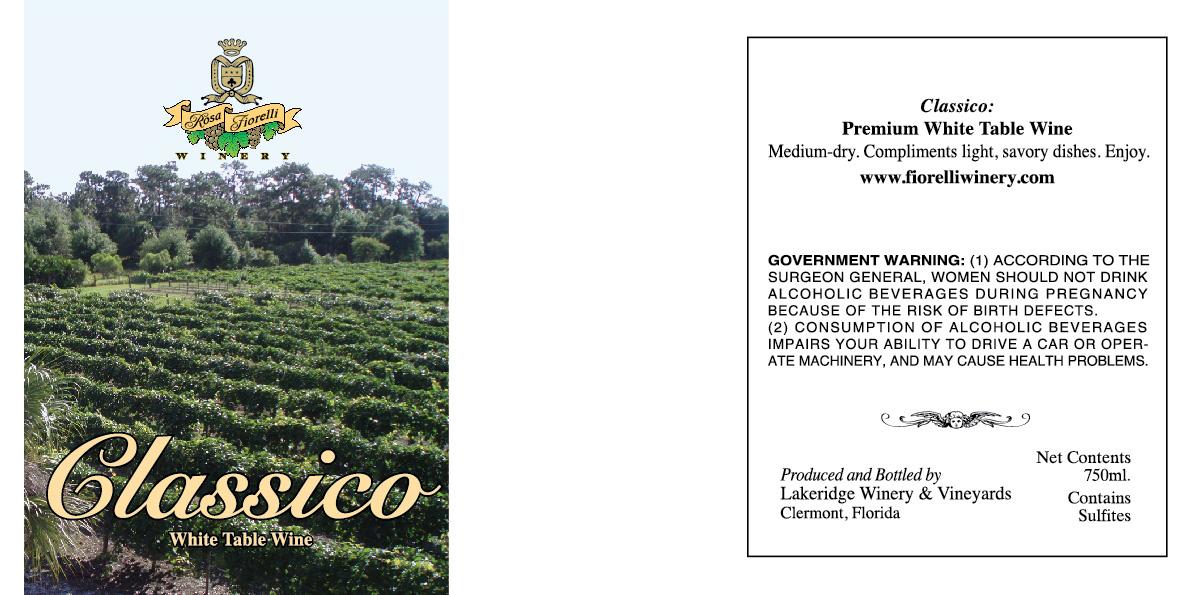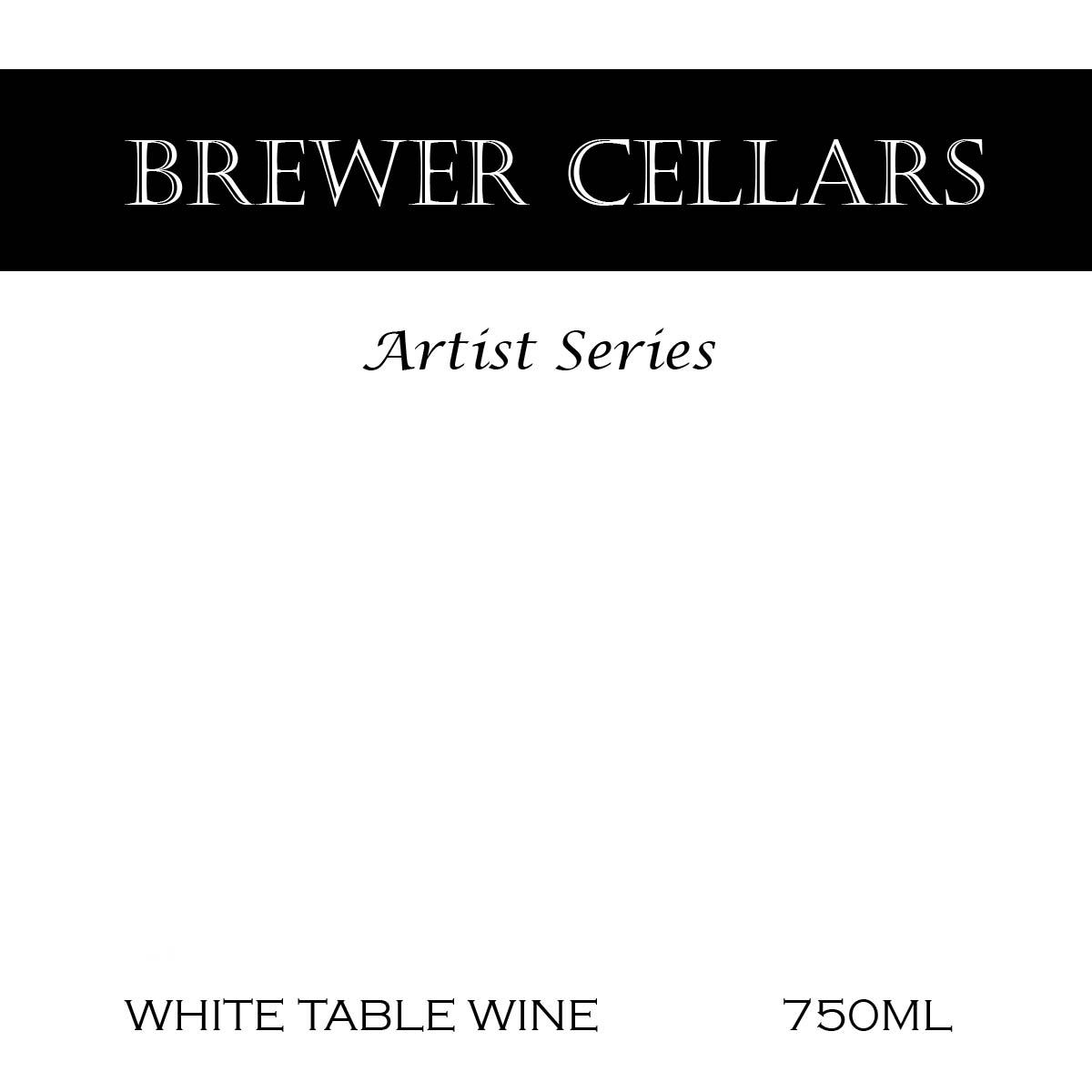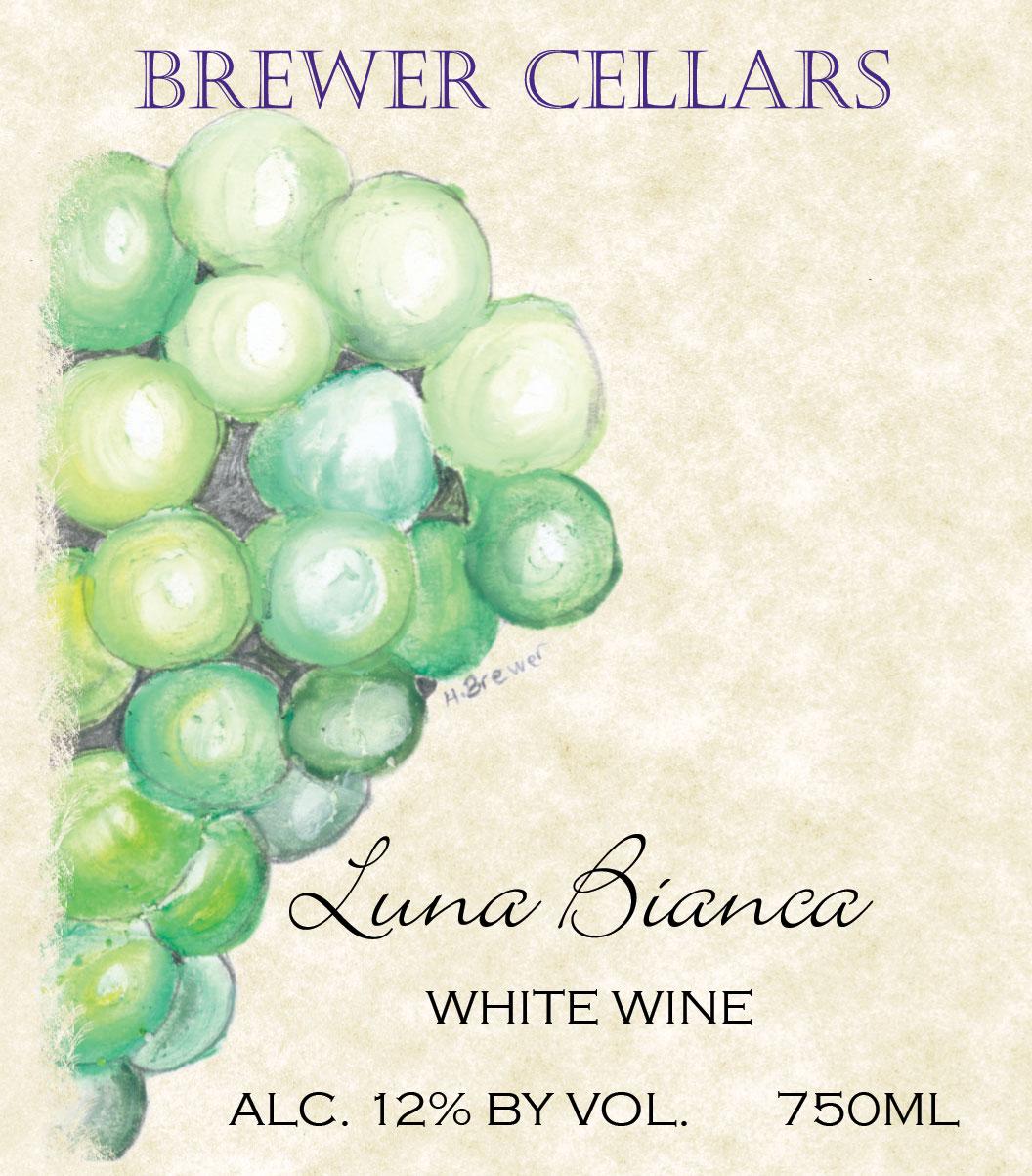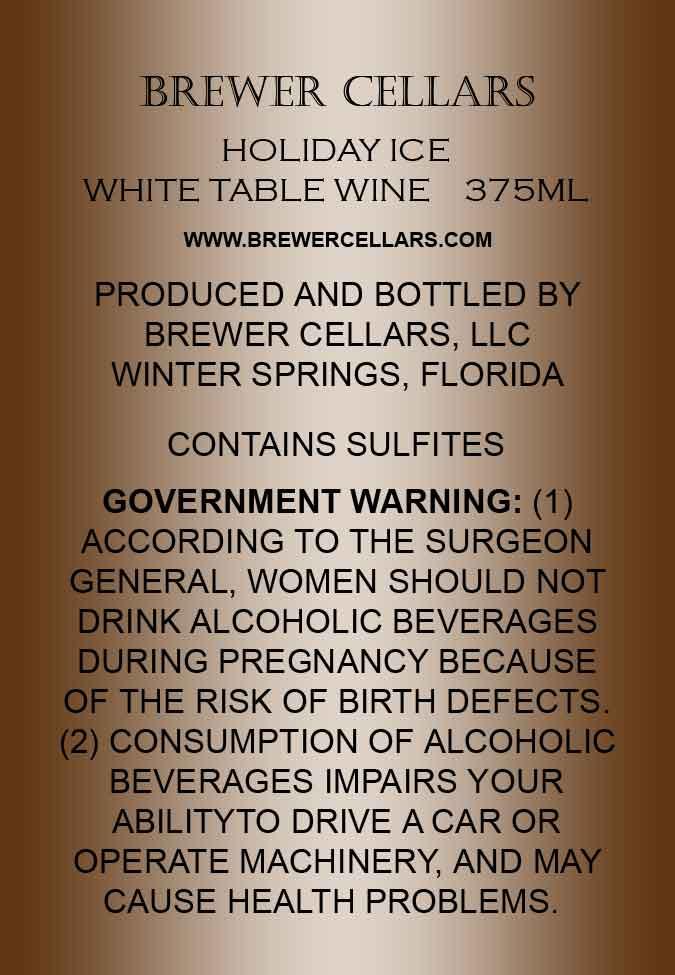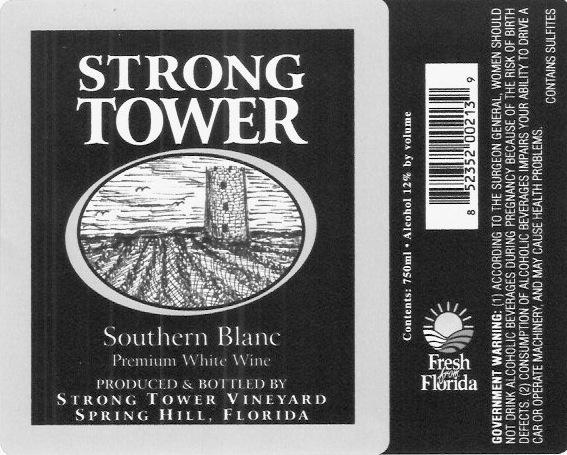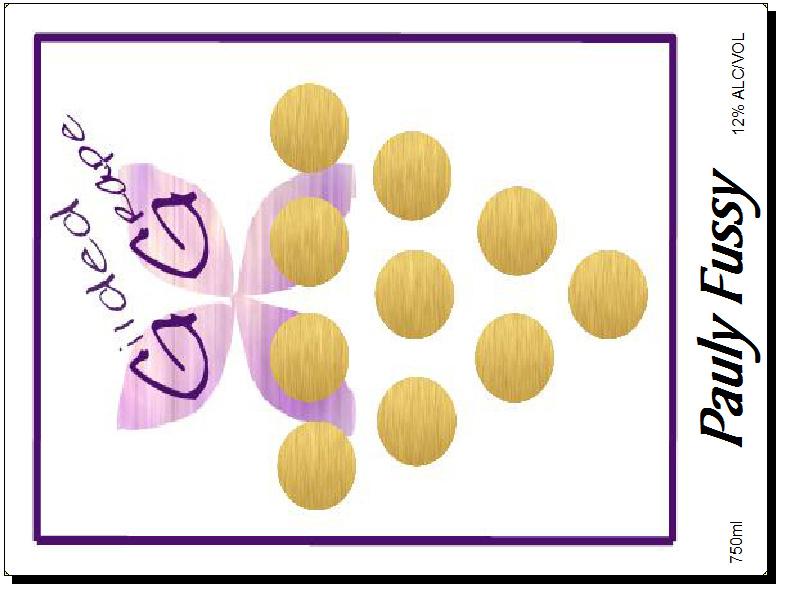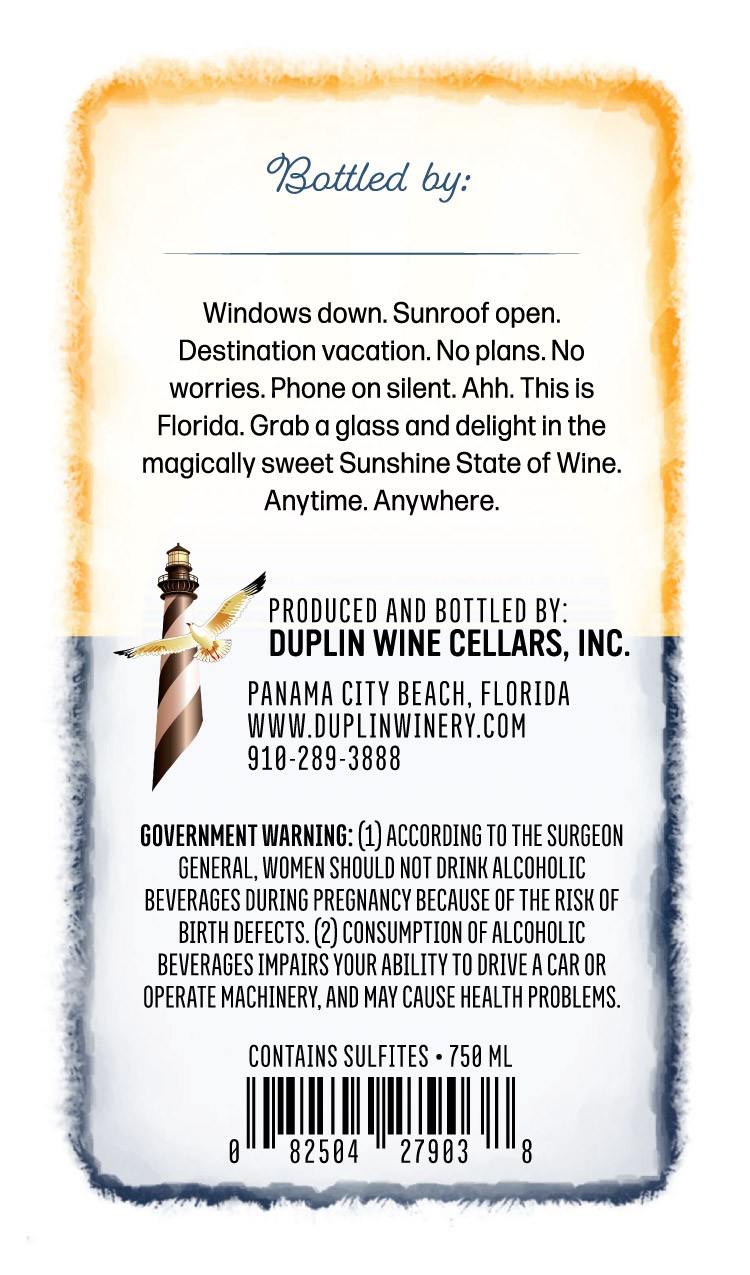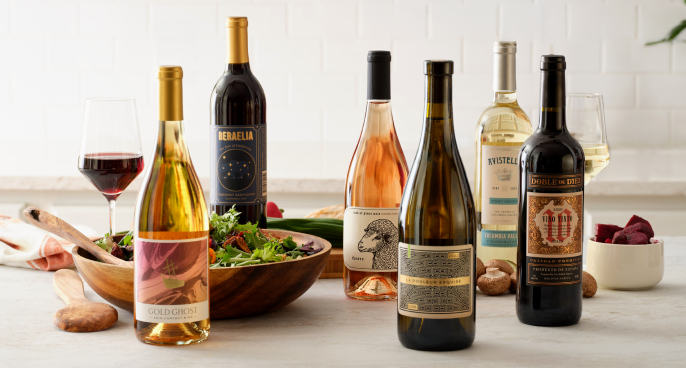Terroir of Florida
Florida's terroir presents unique challenges and opportunities for winemaking. The flat, sea-level landscape and subtropical climate, with scorching summers and mild winters, create a challenging environment for traditional grape cultivation. The sandy, nutrient-poor soils and high humidity promote fungal growth and pest issues, making it difficult for European vinifera grapes to thrive.
However, regions in north Florida and parts of the central peninsula offer slightly cooler and drier conditions where native and hybrid grapes, like Muscadine and Blanc du Bois, flourish. These grapes are naturally resistant to diseases and can adapt to the short dormancy period of Florida's mild winters. The terroir encourages the production of light, fruity wines and fruit wines from local produce, embracing Florida's tropical character and innovative spirit.
Notable Wineries in Florida
Florida's burgeoning wine scene is marked by creativity and resilience, with several notable wineries leading the charge. Here are a few highlights:
-
Lakeridge Winery & Vineyards (Clermont): The largest winery in Florida, known for its Muscadine wines and scenic tours.
-
San Sebastian Winery (St. Augustine): Offers a blend of history and modern winemaking in a charming urban setting.
-
Schnebly Redland’s Winery (Homestead): Famous for tropical fruit wines, using mango, guava, and more.
-
Summer Crush Vineyard & Winery (Fort Pierce): Combines Muscadine wines with a vibrant event atmosphere.
-
Chautauqua Vineyards & Winery (DeFuniak Springs): A pioneer in estate-grown wines in Florida's Panhandle.
Sustainable Winemaking in Florida
Florida's winemaking industry champions sustainability by embracing native and climate-friendly grape varieties, like Muscadine and Blanc du Bois. These grapes naturally resist pests and diseases, reducing the need for chemicals in Florida's humid climate. This approach not only minimizes environmental impact but also supports local ecosystems and farming communities.
The Florida Farm Winery Program encourages wineries to use at least 60% locally grown ingredients, fostering a sustainable cycle by cutting down on imports. Some vineyards have even achieved organic certification, showcasing the potential for chemical-free cultivation. This sustainable practice underscores Florida's commitment to working with nature, using resilient grape varieties and innovative fruit wines to thrive in challenging conditions.
Wine Tourism in Florida
Florida's wine tourism scene stands out for its blend of local culture and unique experiences. Unlike traditional wine trails, Florida's wineries are scattered, focusing on entertainment and community engagement. Visitors enjoy free tastings and daily tours, along with events like grape-stomping contests, craft fairs, and live music.
Wineries often collaborate with local businesses to create immersive "Florida experiences" that pair wine tasting with the state's natural beauty. Schnebly Redland’s Winery offers a tropical escape, while Lakeridge Winery hosts large festivals. San Sebastian Winery adds an educational twist with history-inspired tours. This approach makes Florida wine tourism a refreshing mix of fun, flavor, and hospitality, aligning with the state's vibrant atmosphere. Visitors are invited to explore the region's unique wines, from sweet Muscadines to tropical fruit blends, offering a taste of Florida's diverse character.

